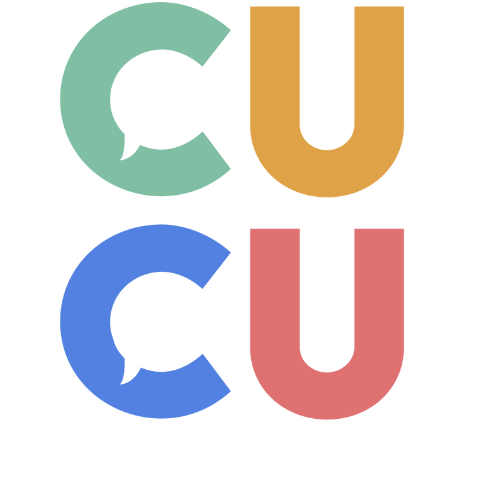Every year, countless IBDP Spanish students find themselves overwhelmed by exams, texts, and coursework. Many spend hours staring at their textbooks, notes, and vocabulary lists, struggling to make sense of the language without a clear strategy. If this sounds familiar, you’re not alone!
At Cucu Spanish Online School, I always tell my students (as well as my own children and colleagues): When in doubt, ask for help! Seeking guidance is not a sign of weakness—it’s a smart step toward improvement.
How Can We Help Students Succeed in IBDP Spanish?
If you or someone you know is struggling with Spanish B HL/SL, the first step is understanding that studying Spanish is different from studying history or biology. Language learning requires a unique strategy—one that many schools don’t explicitly teach.
So, how can you or your child study Spanish effectively? Based on my experience as a Spanish educator and IBDP examiner, here are some tried-and-tested strategies that truly work:
1. Understand the Exam Format
Before diving into study sessions, ask yourself: What will be tested? What question formats should I expect? A clear understanding of the IB Spanish exam structure will guide your preparation and reduce last-minute panic. Check out our guide to IBDP Spanish exams here.
2. Create a Study Plan
Planning is key! Allocate dedicated time each week to different skills: reading, writing, listening, and speaking. Consistency beats cramming—studying for short, regular intervals is far more effective than last-minute all-nighters.
3. Start with the Basics
Strong foundations lead to fluency. Don’t rush into advanced grammar without mastering the fundamentals. A strong grasp of verb conjugations, connectors, and key phrases will make complex texts much easier to navigate. Explore our essential Spanish grammar tips.
4. Integrate Spanish into Your Daily Routine
Language immersion is key. Even 5 to 90 minutes a day of exposure—whether through podcasts, music, or audiobooks—can dramatically improve comprehension. Discover our top Spanish listening tips.
5. Use Active Study Techniques
Effective studying isn’t just about reading and memorization. Experiment with visual aids, flashcards, practice tests, and writing exercises. The more interactive your study methods, the better you’ll retain information.
6. Teach Others
One of the best ways to solidify your knowledge is to explain concepts to someone else. Teaching forces you to structure your thoughts clearly and identify any gaps in your understanding.
Final Thoughts
If you’re preparing for the IB Spanish B exam and feel lost, don’t worry—there’s a better way! These strategies have helped many students build confidence and improve their results. Need personalized guidance? Book a free trial class with us today.
And if you do not know yet the IB Spanish program. Have a look to our channel: https://www.youtube.com/watch?v=XBn9-uNzCKY
Let’s make Spanish learning an enjoyable and rewarding journey!
Un abrazo,
Esther Amorós

